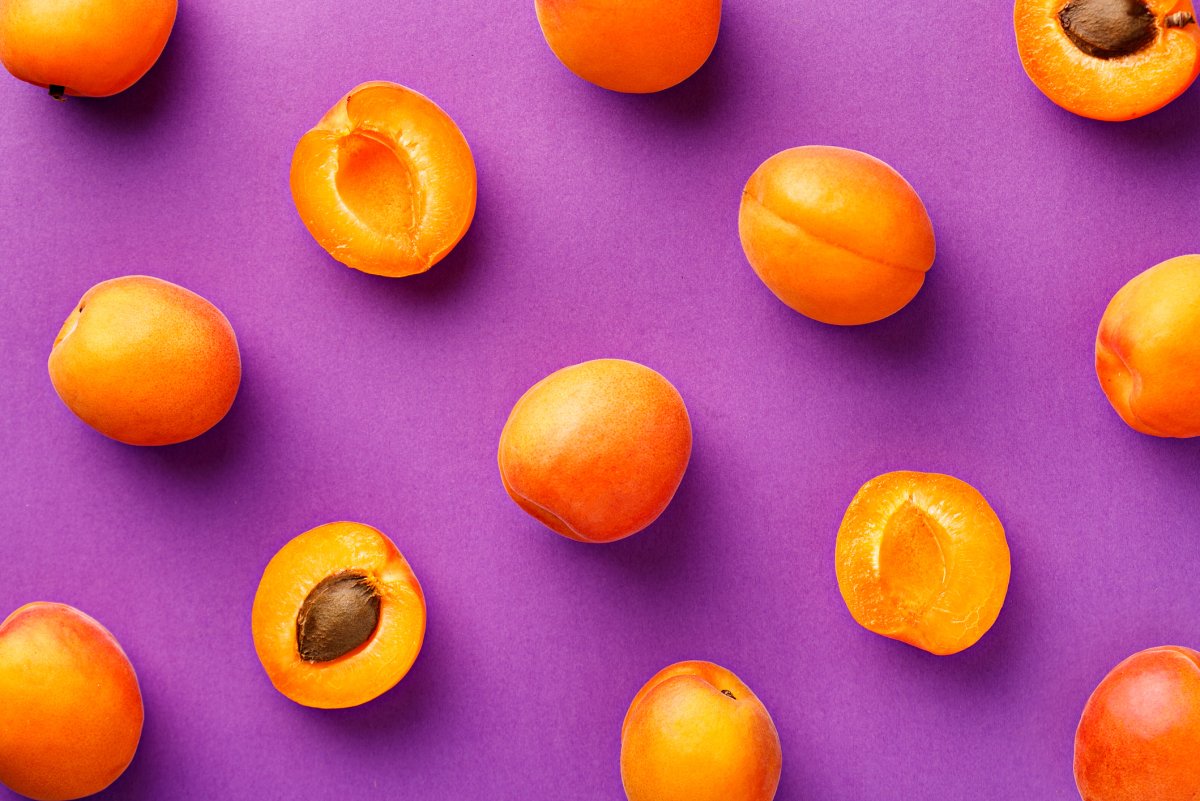We’re all supposed to be eating at least two servings of fruit per day, but can fruit ever become unhealthy?

A recent article in PopSugar suggested if you’re trying to lose weight, there are certain fruits you should stay away from including bananas, mangoes and anything canned.
Registered dietitian Anar Allidina tells Global News that fruit is full of vitamins and antioxidants, but like anything else, it also contains calories and carbohydrates.
“These are two things that can hinder or slow your weight-loss progress,” she says. “One of the reasons fruit is controversial is that it’s a fantastic source of fibre, vitamins and minerals, but it also contains sugar.”
READ MORE: How healthy are bananas? What ripeness has to do with nutrition
If sugar is not quickly used for energy, she adds, insulin removes it from the blood, and it’s converted into triglycerides in the liver.
“These triglycerides can then be stored as body fat. When it comes to weight loss there is no need to eliminate fruits, you just need to watch portions.”
How to include fruit in your diet
But Desiree Nielsen, a registered dietitian based in Vancouver, says most of us shouldn’t worry so much about sugar from fruit.
“I prefer that people eat their fruit whole most often, as whole foods are more nutrient-dense than juices. Fruit contains vital anti-inflammatory phytochemicals as well as vitamins that nourish the skin and the immune system,” she says.

“The cellular structure of whole fruit helps to slow down the rate at which those sugars are absorbed by the body and those fibres help fill us up and feed the beneficial bacteria in the gut. For most people, two to three pieces of fruit a day make it easier to eat more plants and indulge a sweet tooth healthfully.”
Servings can also become tricky. “A serving is typically 1/2 cup of fruit. A medium apple, pear, peach and nectarine is a serving, whereas a serving of cherries and grapes is about 20,” Allidina says, adding Health Canada has a guide on how to figure out serving size.
Focused on weight loss? Read this
READ MORE: 2018’s list of fruits and vegetables with the most pesticides
Allidina, meanwhile, recommends grapefruit, avocado, kiwi and stone fruits like nectarines and peaches.
“Also pair a protein with fruit, this helps to reduce the sugar spikes,” she says. “If you are having fruit as a snack pair it with some nuts or cheese. The combination of fat and protein slows the absorption of sugar in your bloodstream.”
Are there fruits to avoid?
Allidina recommends staying away from dried fruit. “For weight loss stick to whole fruits as opposed to dried fruit. Dried fruit has no water content and is a high concentration of sugar, so a little goes a long way.” She also isn’t a fan of fruit juice as your daily serving of fruit.
“Juices, even the all natural kind, is a form of sugar,” she continues. “In most juices, the fibre and skin has been removed and it contains less nutrition compared to whole fruits.”
READ MORE: 10 nutrient-packed autumn fruits and veggies you should be eating
Nielsen, on the other hand, doesn’t believe in cutting out any fruit, unless there are medical reasons.
If you have Type 2 diabetes, eat fewer tropical fruits such as mango, papaya and bananas, she adds, and have temperate fruits like plums, apples and berries for better blood sugar control.




Comments